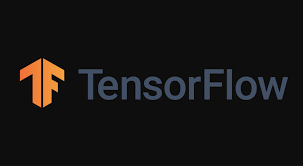Source: channelasia.tech
Google’s Android Studio IDE team has released the stable version of Android Studio 4.1, featuring machine learning improvements and a database inspector.
With the 4.1 release, Android Studio improves on-device machine learning support via backing for TensorFlow Lite models in Android projects. Android Studio generates classes so models can be run with better type safety and less code.
The database inspector, meanwhile, enables querying of an app’s database, whether the app uses the Jetpack Room library or the Android platform version of SQLite directly. Values can be modified using the database inspector, with changes seen in apps.
Introduced October 12 and accessible from developer.android.com, Android Studio 4.1 also makes it easier to navigate Dagger-related dependency injection code by providing a new gutter action and extending support in the Find Usages Window. For example, clicking on the gutter action next to a method that consumes a given type navigates to where a type is used as a dependency.
Other capabilities in Android Studio 4.1 include templates in the create New Project dialog now use Material Design Components and conform to updated guidance for themes and styles by default. These changes make it easier to recommended material styling patterns and support UI features such as dark themes.
Android Emulator now can also be run directly in Android Studio. This can conserve screen real estate and enable navigation quickly between the emulator and editor window using hotkeys. Also, the emulator now supports foldables, with developers able to configure foldable devices with a variety of designs and configurations.
In addition, symbolification for native crash reports is available; updates to Apply Changes allow for faster builds and the Android Studio Memory Profiler now includes a Native Memory Profiler for apps deployed to physical devices running Android 10 or later.
The Native Memory Profiler tracks allocations and deallocations of objects in native code for a specific time period and offers information about total allocations and remaining heap size.
Rounding off the changes, C/C++ dependencies can be exported from AAR (Android Archive) files; Android Studio Profilers can be accessed in a separate window from the primary Android Studio window, which is useful for game developers; System Trace UI improvements are on offer and 2,370 bugs were fixed and 275 public issues were closed.


